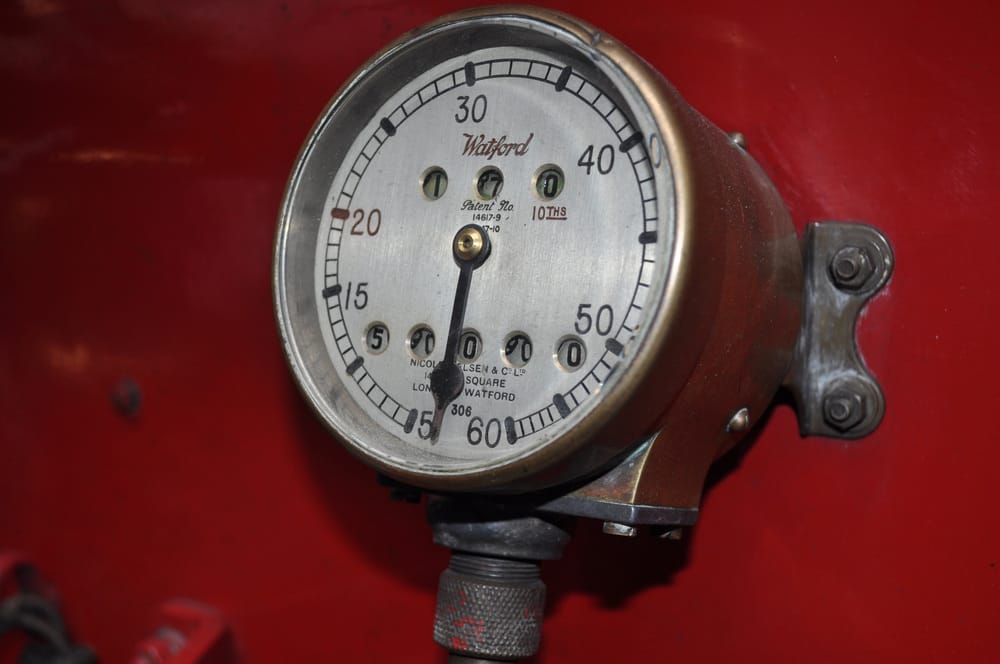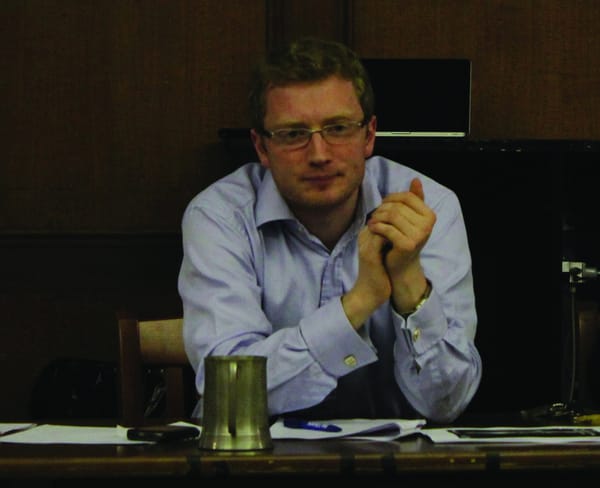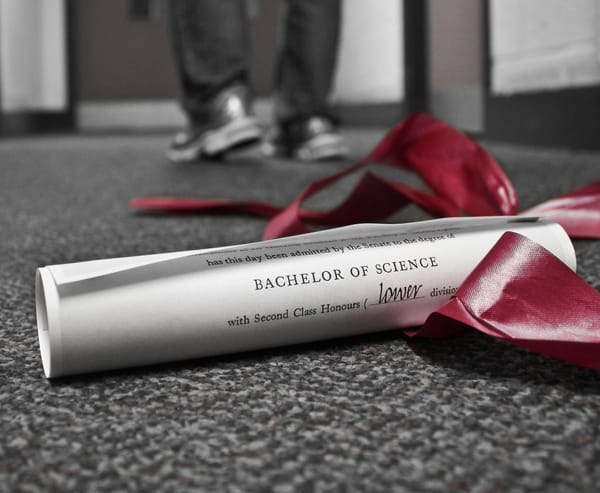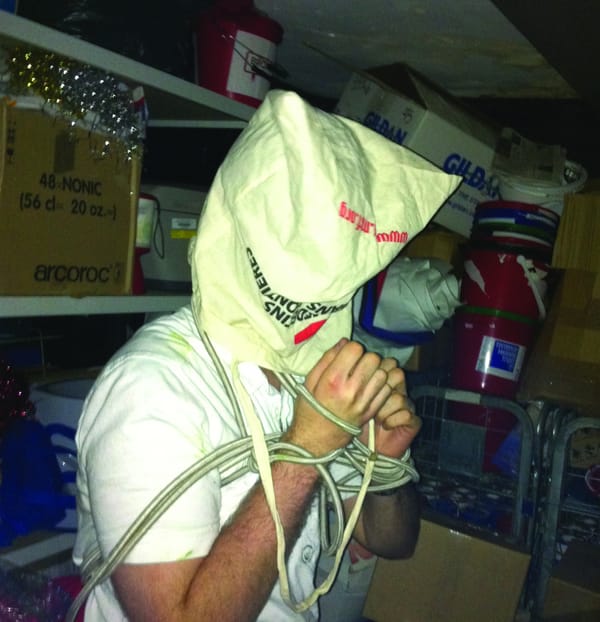Fire engine Jezebel clocks up 50,000 miles
Faculty mascot reaches significant milestone

Jezebel, fire engine and mascot of the Royal College of Science Union, has now reached 50,000 miles on the clock.
Jezebel is a 1916 Dennis N type fire engine with a 1926 pump. The Royal College of Science Motor Club (RCS Motor Club), consisting of past and current students, have been undertaking maintenance and repair of Jezebel since 1955 including an engine rebuild in 2000 and repainting in 2004. She is used on various college occasions including balls, charity events and even a former Union President’s wedding.
According to RCS Motor Club, Jezebel is “designed to do one thousand miles a year” with the oil requiring changing every 500 miles. She is thought to have exceeded 50,000 miles whilst in Imperial’s hands alone, despite the mileage reading on the clock. Despite this, the figures mark a symbolic moment in Jezebel’s history.








